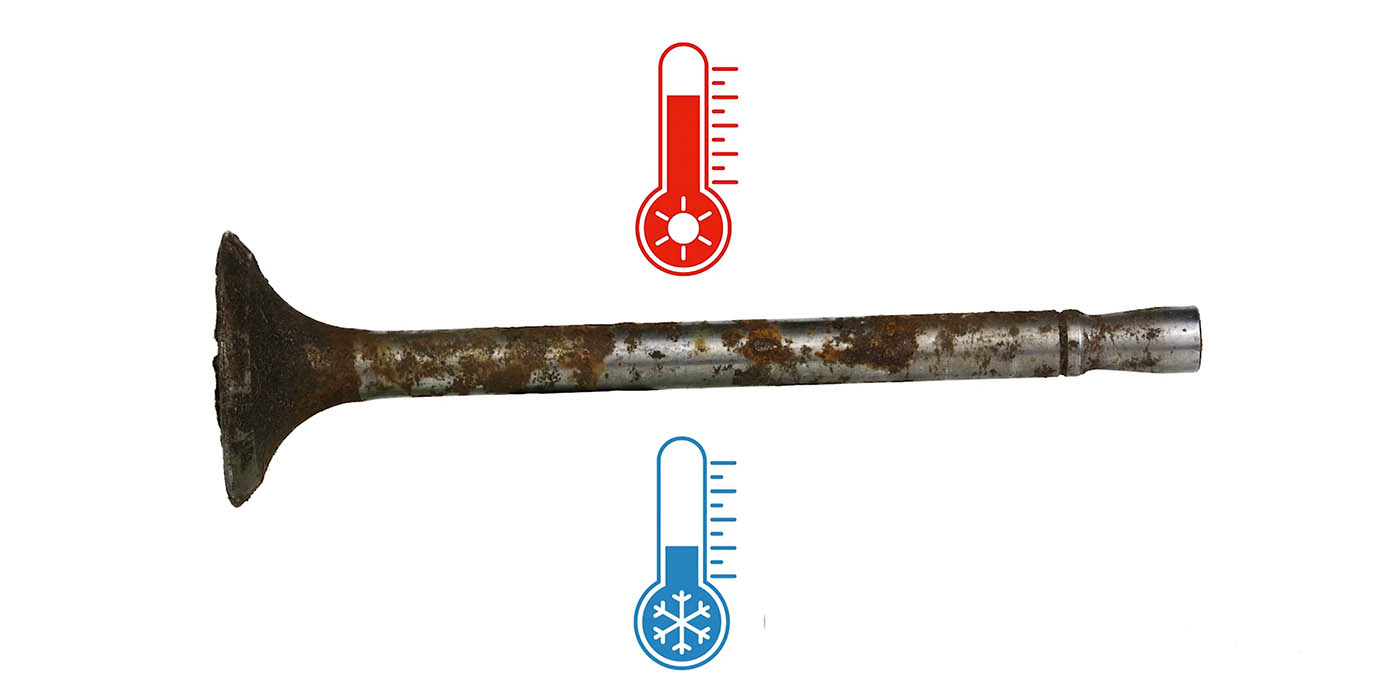Carbon Deposits In Direct Injection Engines
The primary cause of these problems is that fuel and added detergents are not hitting the back of the intake valves.
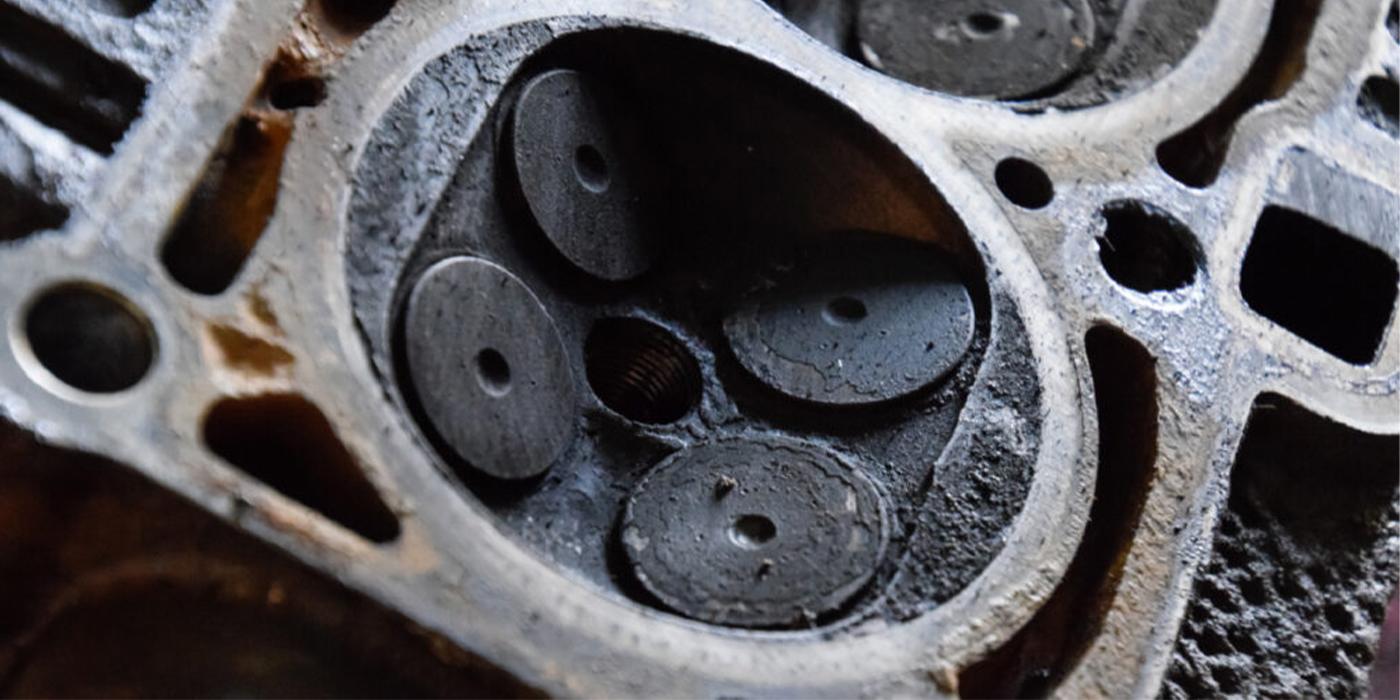
Carbon Deposits and Direct Injection Engines
The primary cause of these problems is that fuel and added detergents are not hitting the back of the intake valves.
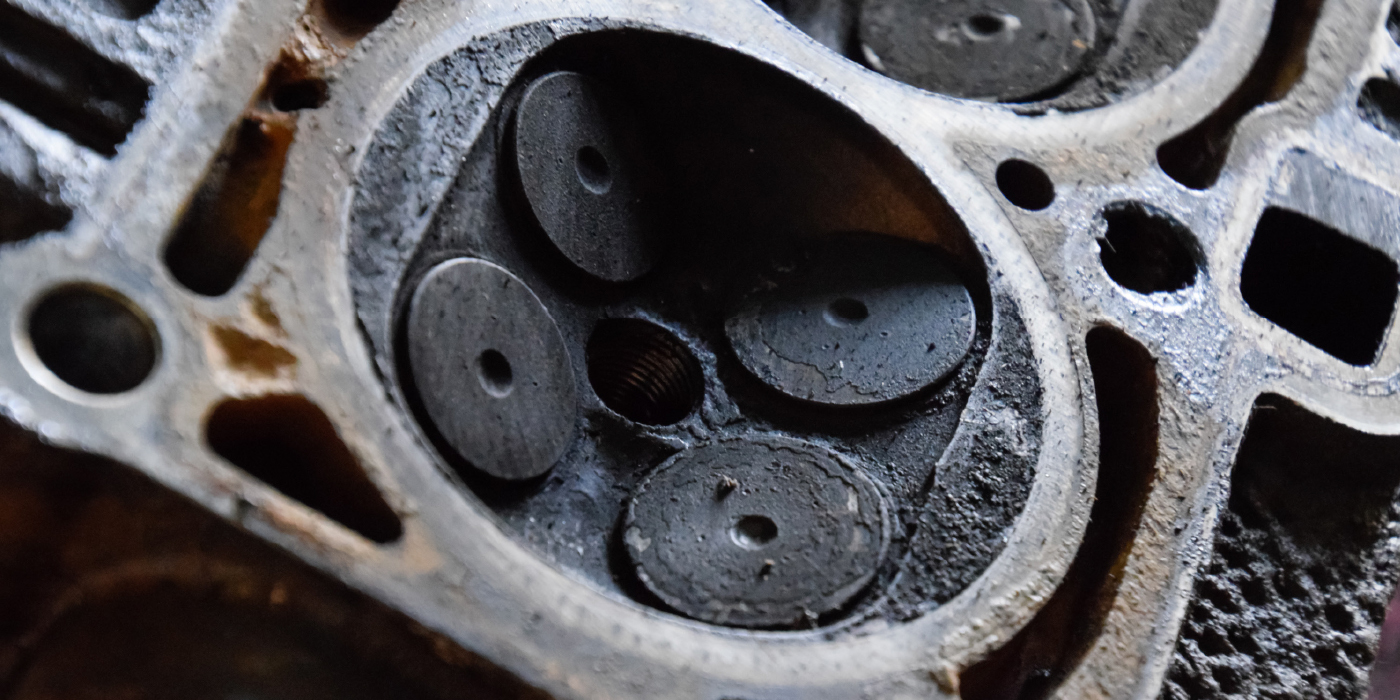
Oil and Carbon Deposits
Here’s how oil can influence carbon deposits.
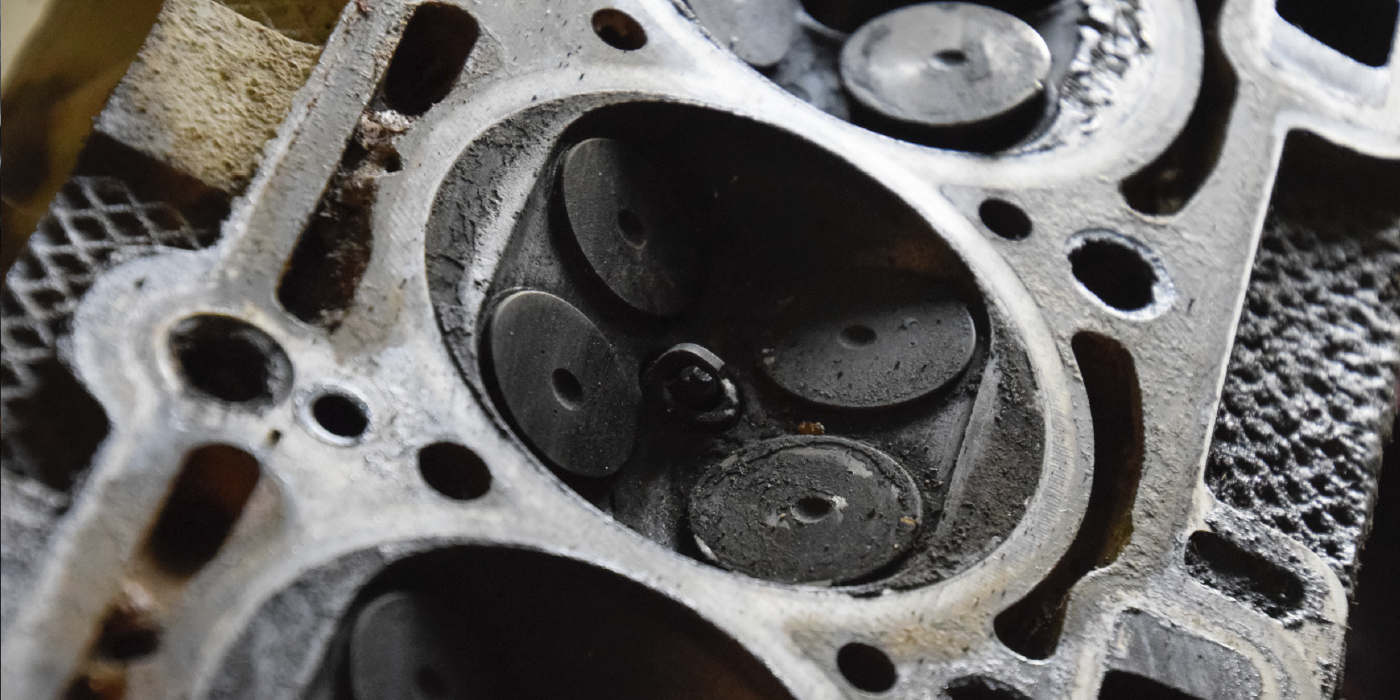
Curing Carbon Deposits On Direct Injection Engines
Direct injection improves fuel economy by injecting the correct amount of fuel for the conditions in the combustion chamber. But, it is not a perfect science: Carbon deposits can form on the intake valves, piston and other surfaces in the combustion chamber.
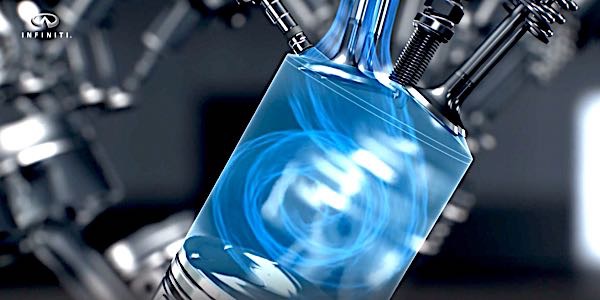
VIDEO: Carbon Deposits On Direct Injection Engines
Jon Nelson explains why carbon deposits happen and how to diagnose misfires and clean intake valves.
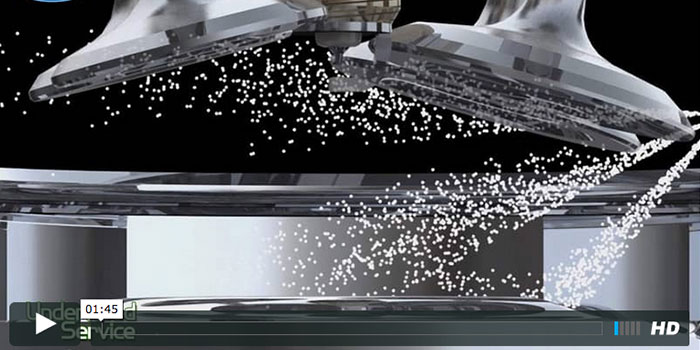
Direct Injection And Carbon Deposits
In 1985, Saab began using the new Bosch LH fuel injection system, and Volvo and other carmakers followed suit. The system worked such that incoming air passed through an airflow meter that sent a signal to the engine ECU telling it how much air was going into the engine. The coolant temp sensor then told the ECU how cold or warm the engine was, and it opened and closed the injectors when needed.
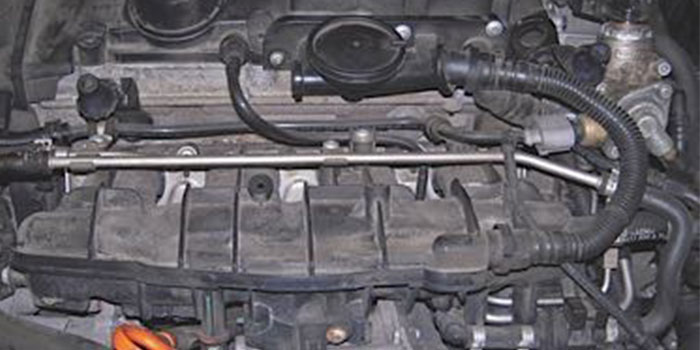
Solving Carbon Deposits In Direct Fuel Injection Engines
When the early direct-injection engines hit the three-year or 30,000-mile mark, some developed driveablity problems due to carbon buildup on the necks of the intake valves.
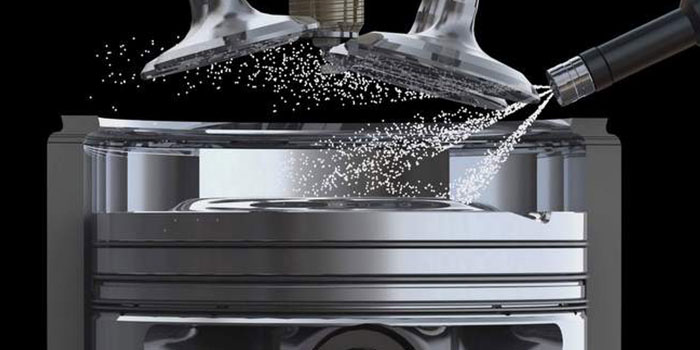
Audi Direct-Injection Issues & Carbon Deposits
In 2006, we saw the first of the direct-injection cars. VW and Audi located the injectors directly into the combustion chambers for greater efficiency. By this time, we had been seeing variable valve timing for at least six years, and there were a few cars that had variable intake runners. The new A4s and Passats had both and, in addition to the in-tank fuel pump, they had a cam-driven, mechanical high-pressure fuel pump that ran the fuel pressure as high as 120 bar. They are great cars, but began to exhibit a few problems that we started to see after a few years.

Carbon Deposit Q&A
Follow along to learn more about carbon deposits.
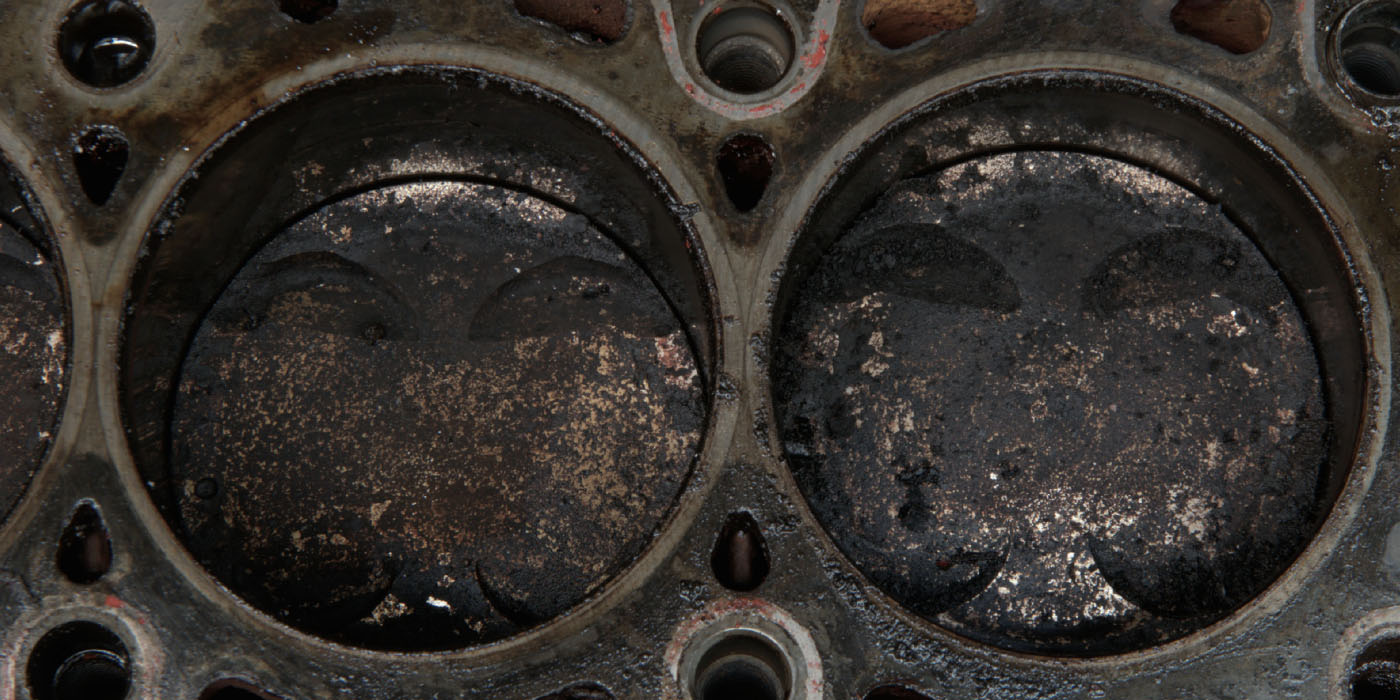
VIDEO: Solving The Carbon Deposit Conundrum
Carbon deposits can be formed by varying cylinder temperatures. This video is sponsored by Rislone.
